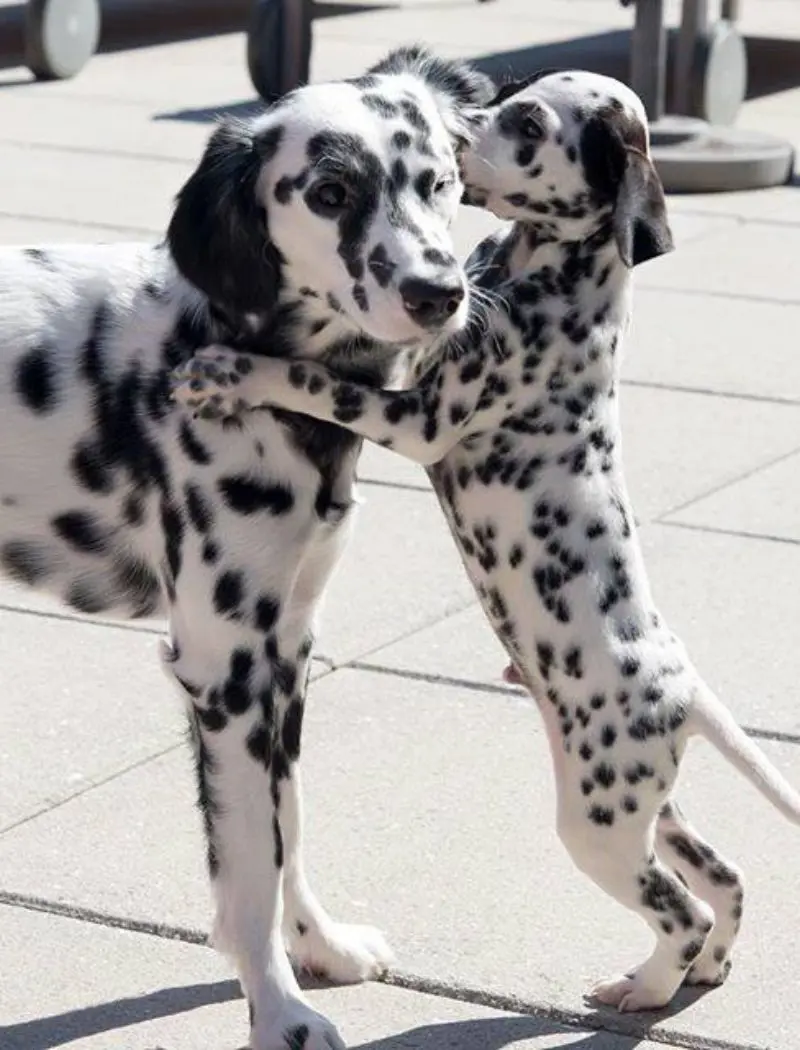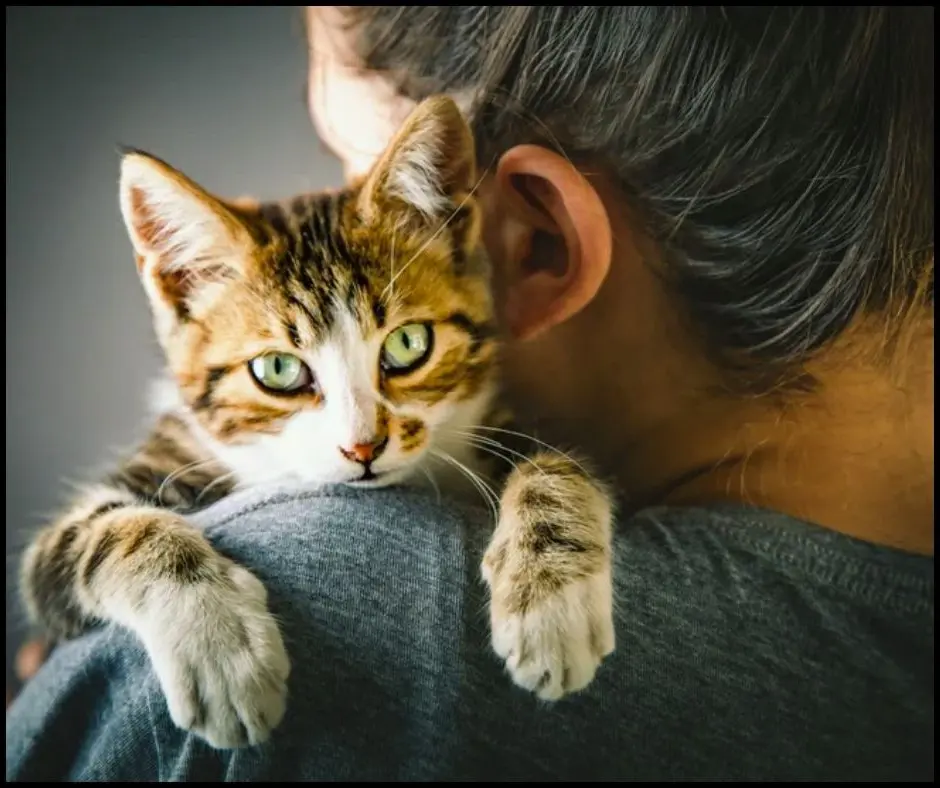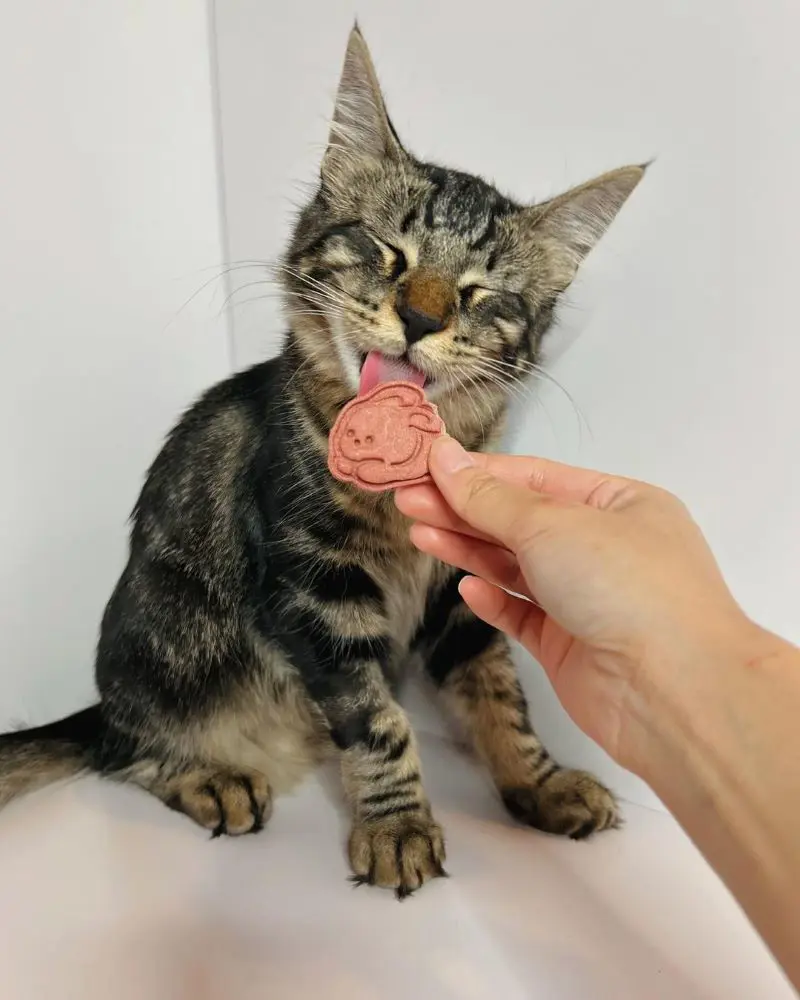Why Does My Cat Lick Me: 12 Possible Reasons
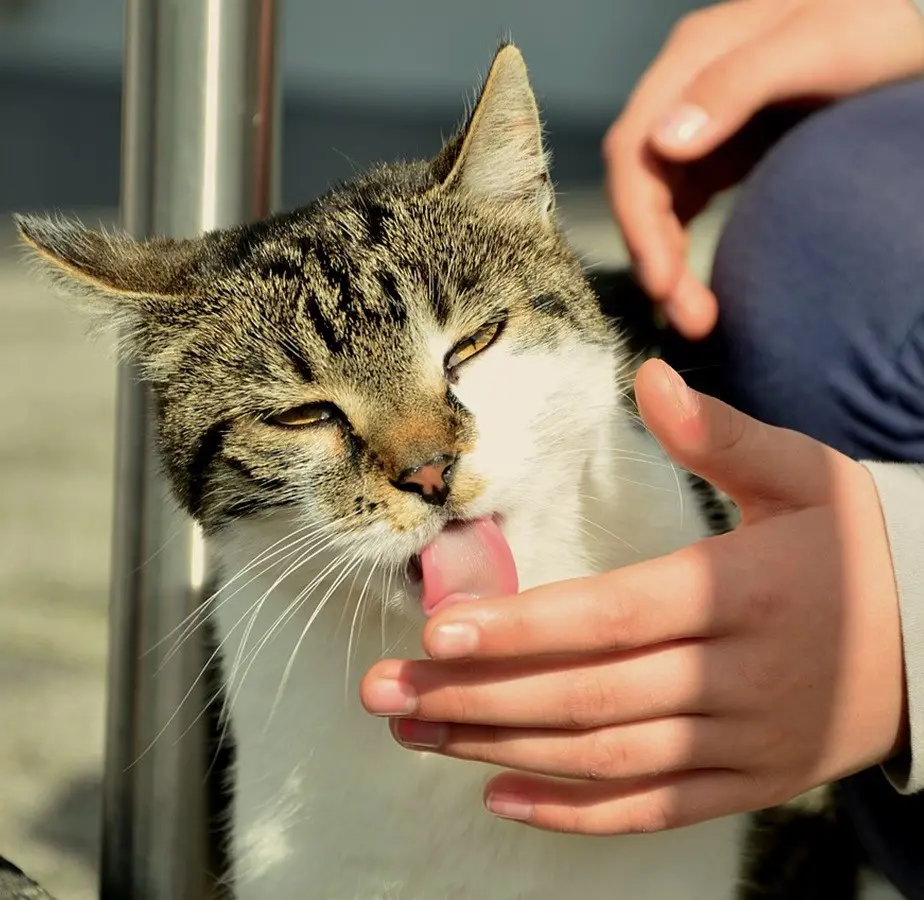
If your cat licks you, this might be due to several reasons rooted in their instincts and social behaviors. Cats view their human companions as part of their social circle; hence, this seemingly simple action carries a profound significance in cat-human relationships.
Here, we will help you understand the reasons behind your cat's licks and unveil the unique language of feline communication. Once you dive into the details, you'll understand why your cat licks you, and ultimately, you will be able to respond to their gentle lick with a reciprocal gesture.
Your Cat Loves You!
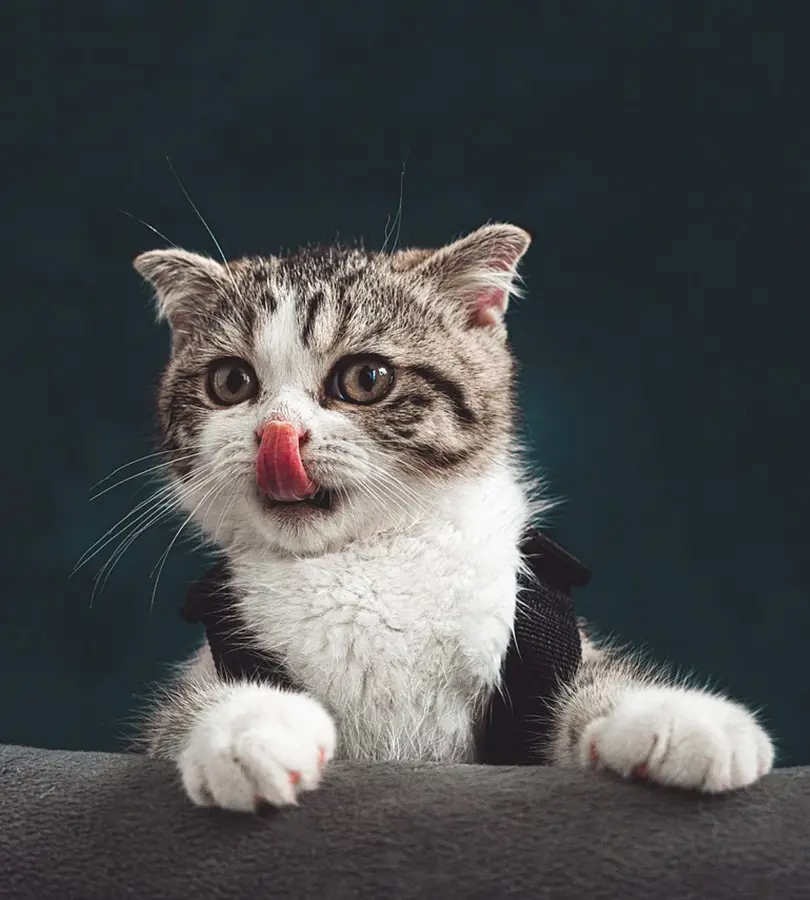
When your cat licks you, it's a beautiful and pure expression of affection. Licking is one of the primary love languages of cats and it is akin to a human's hug or kiss. Unlike dogs, which may express affection through tail wagging or excited jumps, cats are more subtle in their displays of love.
The gentle and rhythmic motion of licking is not only a physical act but also a soothing and calming one. Your cat is essentially saying, "You are part of my family, and I care for you".
It's Just a Part Of Their Grooming
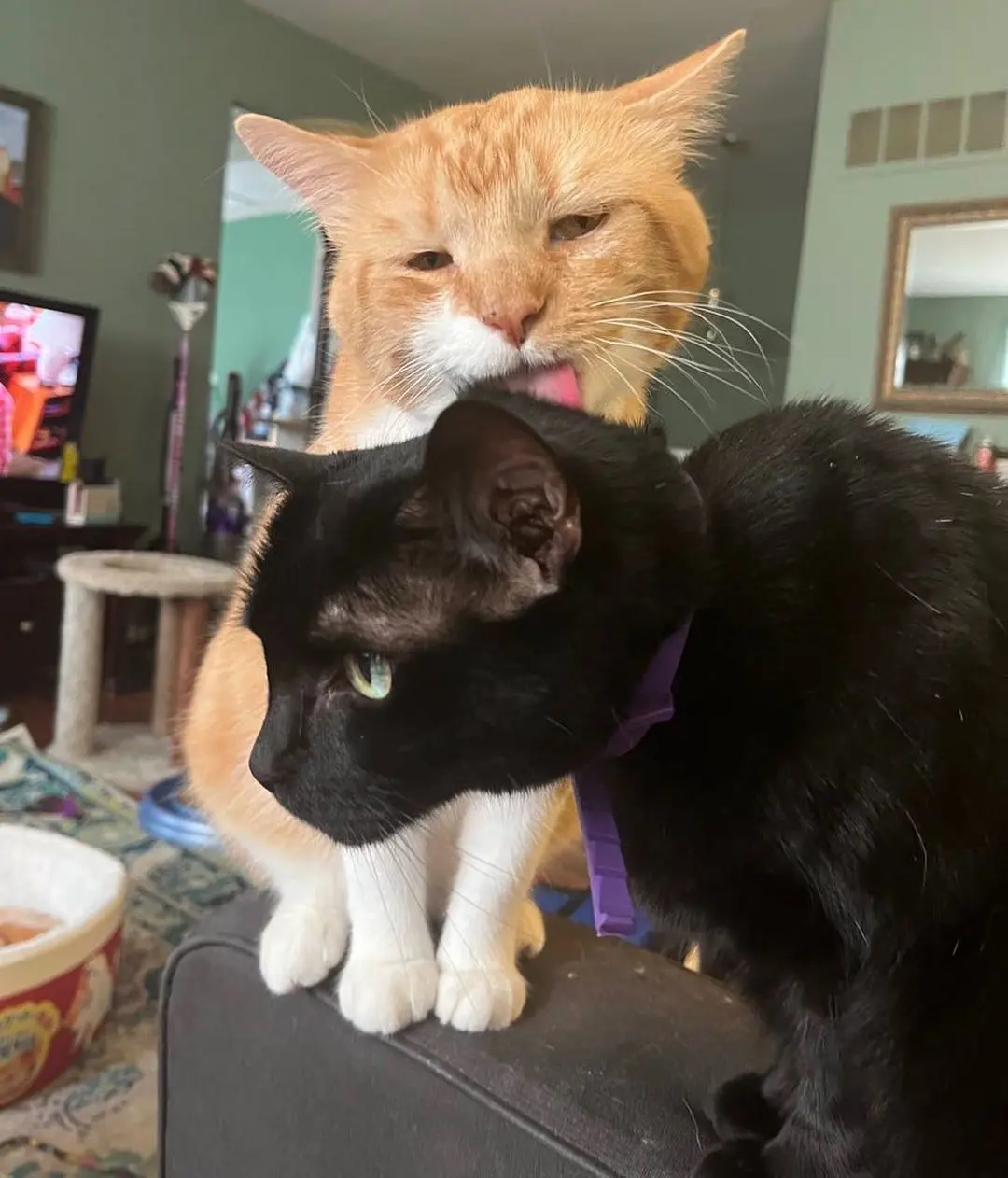
Self-grooming is common in cats. They use their tongues to maintain hygiene and well-being. So when your cat licks you, it's just a part of their grooming. This behavior is an extension of their instinct to groom themselves, as well as others in their social group.
Besides maintaining cleanliness, a cat engages in licking to form a deeper connection with those they consider a part of their close-knit circle. Cats groom each other to strengthen social bonds, and when they include their owners in this activity, it signifies a special level of attachment.
So, the next time your cat licks you, cherish the moment – it's a beautiful manifestation of the bond you share.
Routine Behavior & Positive Association
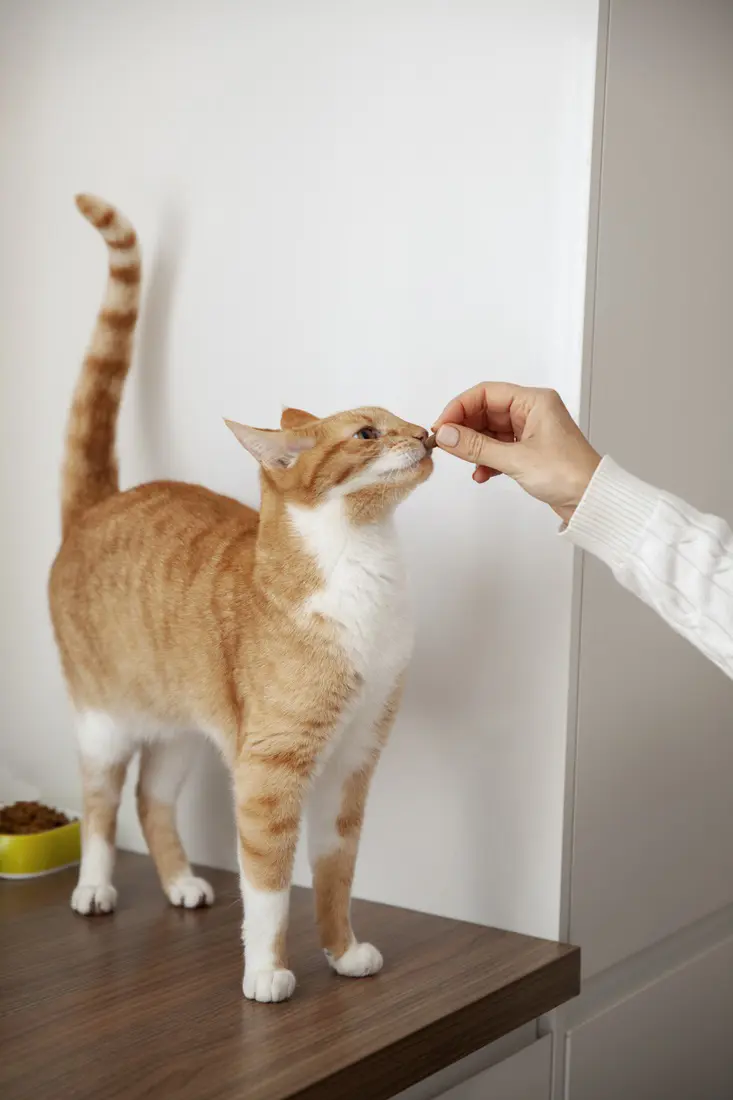
The routine behavior of licking their owner is a common and often endearing aspect of a cat's daily activities. Cats, known for their love of routines, may engage in licking as part of their habitual interactions with their human companions.
What makes this even more special is how the owner responds. If the owner gives the cat attention, like gentle pets or kind words, it makes the cat really happy. This positive response makes the cat want to keep licking because it feels good and brings joy.
Over time, the cat learns that licking is a wonderful way to share affection and get love in return. This simple routine of licking becomes a special language between the cat and the owner, making their relationship even more heartwarming and full of happiness.
They May Be Marking Territory
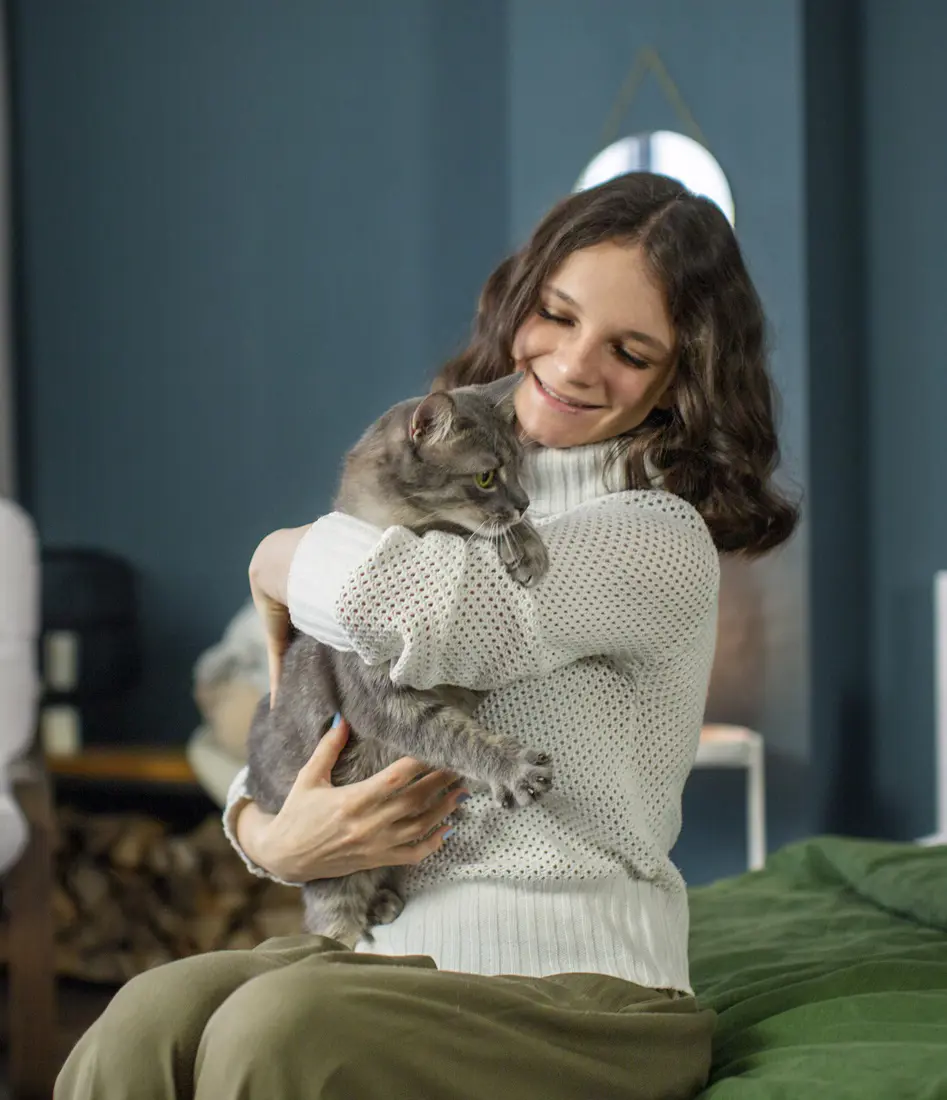
Cats are territorial animals, and they have scented glands located on various parts of their bodies including tongues. So when they lick you, they're essentially leaving traces of their unique scent on your skin.
By marking you with their scent, cats convey a sense of ownership and belonging. It's a subtle declaration that you are part of their social circle and territory. Nothing to worry about, the marking isn't possessive in a negative sense; rather, it's an expression of trust and affection.
So, the next time your furry friend showers you with licks, just remember that it is creating a shared olfactory identity. This behavior is how cats reinforce the bond between you and establish a secure, familiar environment.
Seeking Comfort
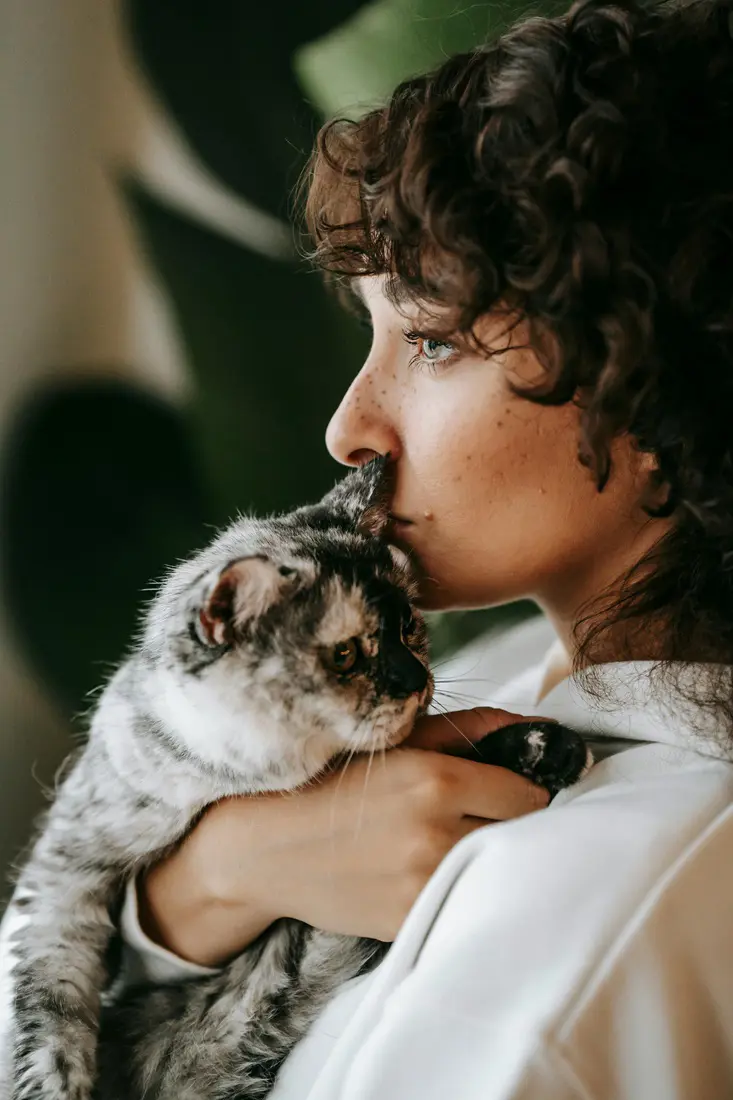
The rhythmic motion of a cat's tongue against your skin also serves as a therapeutic ritual for the cat. Cats by nature are creatures of routine and habit, finding security in familiar actions. Licking becomes a meditative act for them to self-soothe and find solace in the presence of their trusted human companions.
Essentially, licking is their way of finding reassurance and feeling secure in your presence. In times of distress or unease, your cat may turn to this behavior to communicate its vulnerability and reliance on the haven you provide. Moreover, licking helps them cope with stress as the release of endorphins during the process induces a sense of calmness and relaxation in them.
To Communicate Various Needs
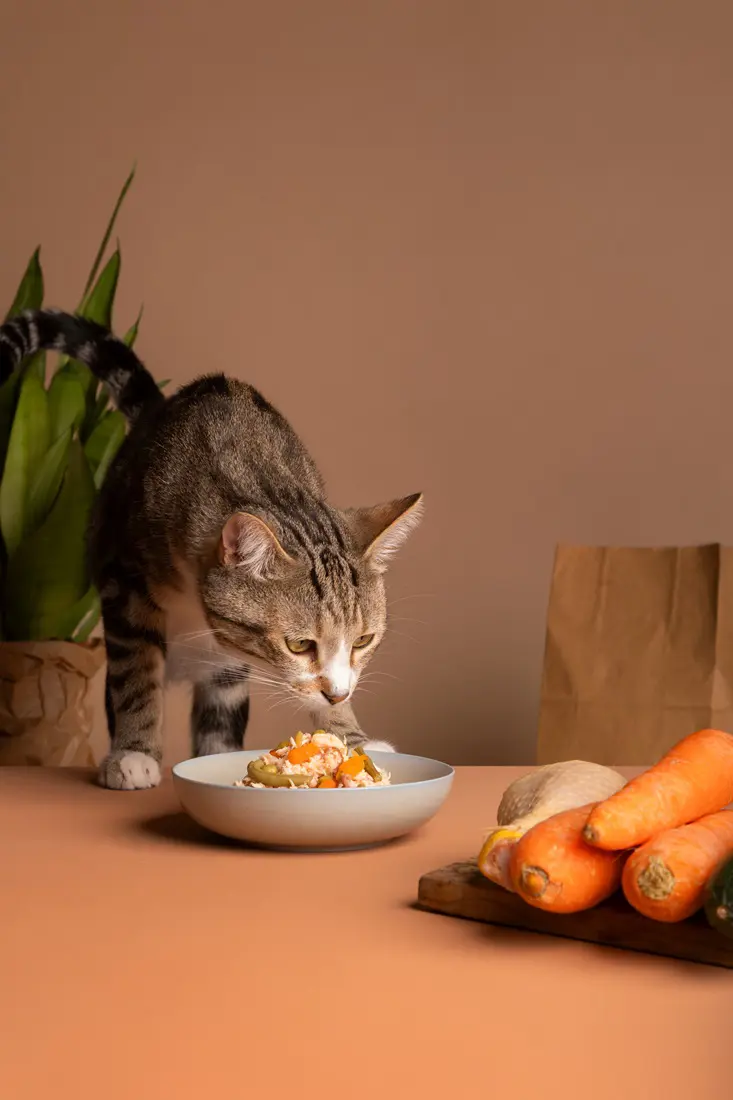
Well, not to be confused with their emotional and instinctual needs all the time, licking can also serve as a sophisticated way for cats to express various needs. It might be charmingly asking for your attention and love. The tactile experience of grooming is often used by cats to seek interaction with their owner.
Additionally, licking can be a subtle expression of hunger cues. Cats often groom each other before and after meals, and when directed towards their human caregivers, licking may signify a desire for food or an anticipation of mealtime.
Maternal Instincts
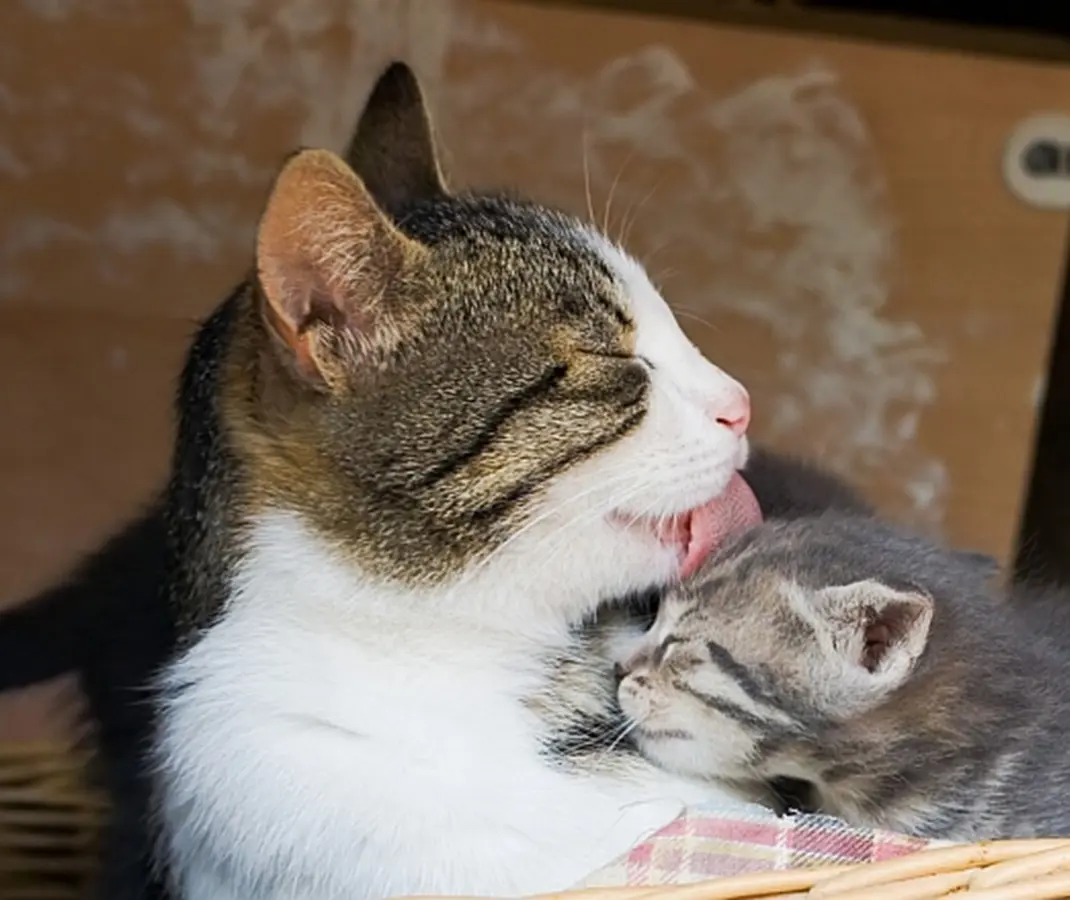
Maternal instincts shine through when cats lick their owners. This behavior is often associated with the grooming of kittens indicating a strong bond and a sense of caregiving. So when a cat licks you, it's a nurturing gesture rooted in their maternal instincts.
This maternal grooming behavior, although not directed at kittens, signifies the cat's acknowledgment of the bond it shares with its human counterpart. The gentle strokes of their tongue convey a sense of protection, comfort, and devotion.
In these moments, the cat is not merely grooming; it is extending a level of care and love that is reminiscent of the care provided to their own offspring.
Acknowledging Your Role as a Caretaker
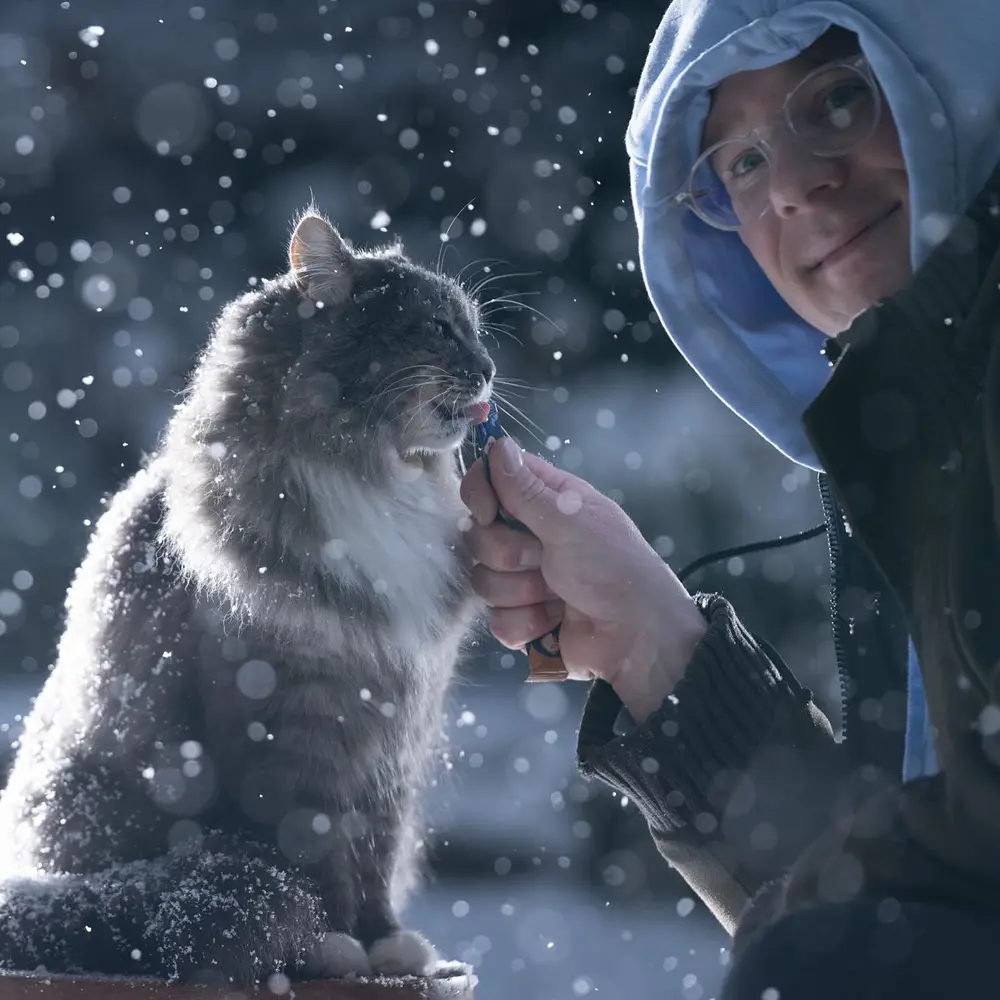
Licking is a poignant expression of the cat's trust and recognition of the care and protection provided by you. The act of licking can be seen as a form of gratitude and reciprocity and is a non-verbal acknowledgment of your role as a caretaker.
Cats, known for their independence, choose to express their appreciation through subtle yet meaningful actions. When a cat licks its owner, it serves as a heartwarming reminder of the nurturing environment, safety, and sustenance forged through care and companionship.
They May Like Your Scent/Taste
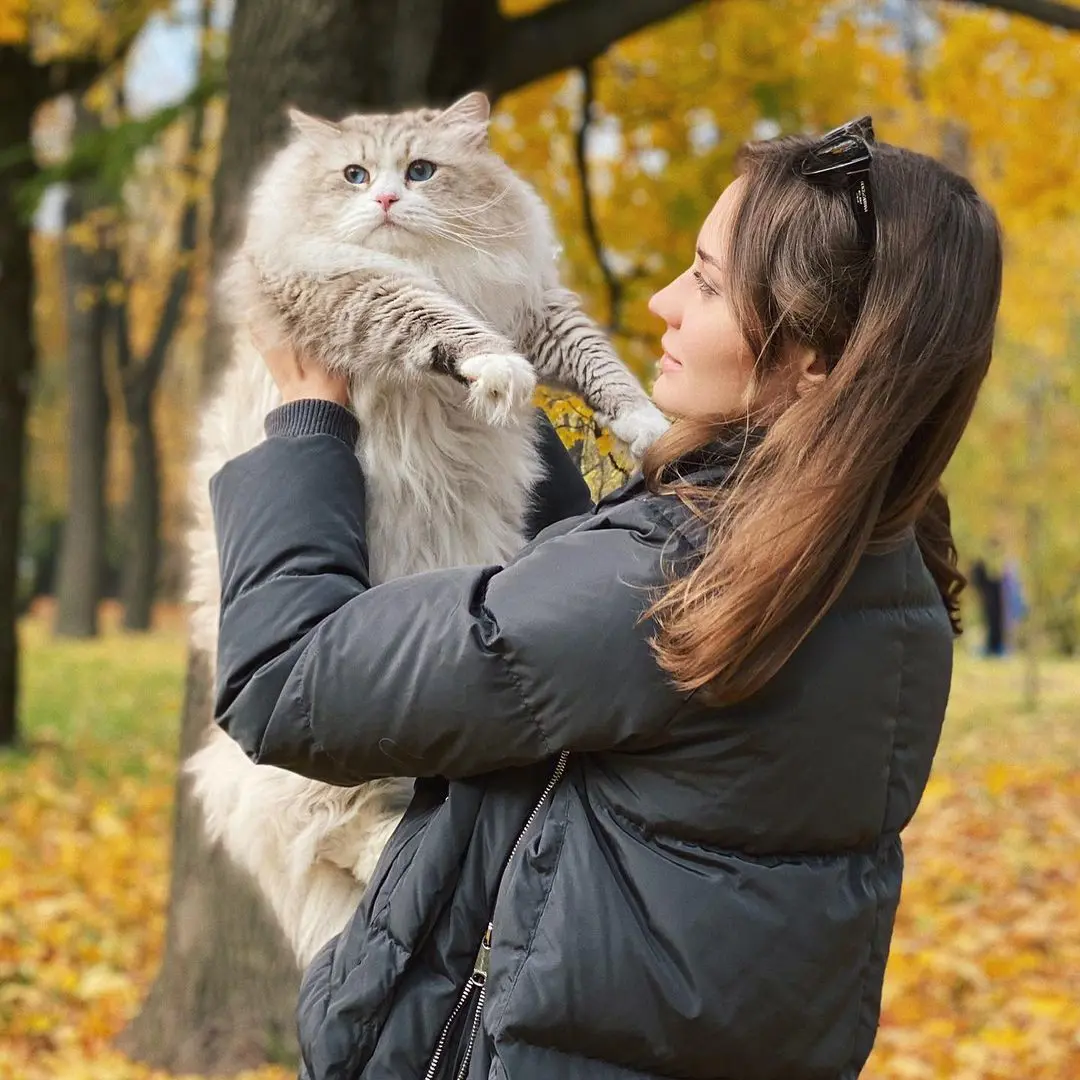
The act of a cat licking its owner may be attributed to an appreciation for the owner's scent or taste. Cats have an acute sense of smell and taste, and they often use licking as a way to explore and familiarize themselves with scents that are important to them.
When a cat licks its owner, it may be expressing a liking for the individual scent and taste unique to that person. Cats never forget smells that are significant to them and the enduring memory is particularly crucial in a cat's social and territorial interactions.
Moreover, the salty taste of human skin, which results from the presence of sweat, can be appealing to cats. The salt content may contribute to the cat's interest in licking, as they find the taste intriguing or enjoyable.
Underlying Health Issues
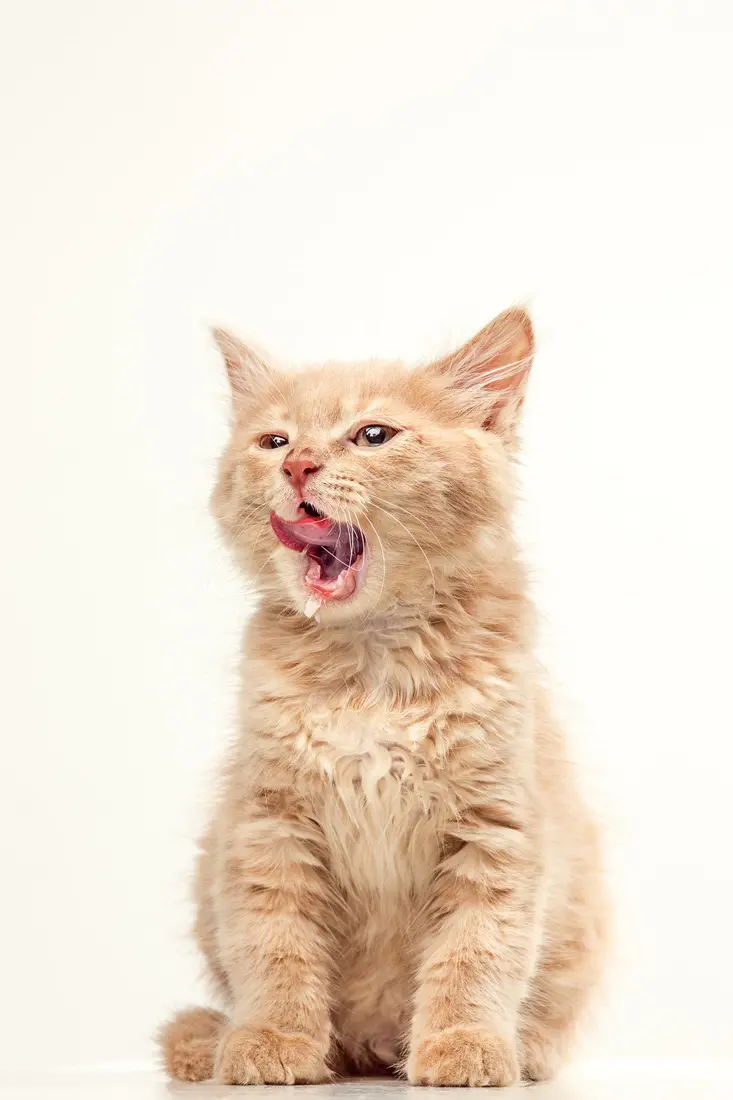
Bidding farewell to the fun facts, it's essential to shift our focus to a more serious aspect of feline behavior. While cats licking their owners is generally a positive and affectionate gesture, it's crucial to be aware that excessive licking may signal underlying health issues.
Skin conditions, such as allergies or infections, may lead to itching or irritation, prompting a cat to excessively groom. Dental issues or joint pain can also contribute to obsessive licking as a coping mechanism.
Regular veterinary check-ups are essential to rule out any underlying health concerns and ensure the well-being of your feline companion. Monitoring changes in behavior, including grooming habits, helps in early detection and intervention if health issues are present.
Stress or Anxiety
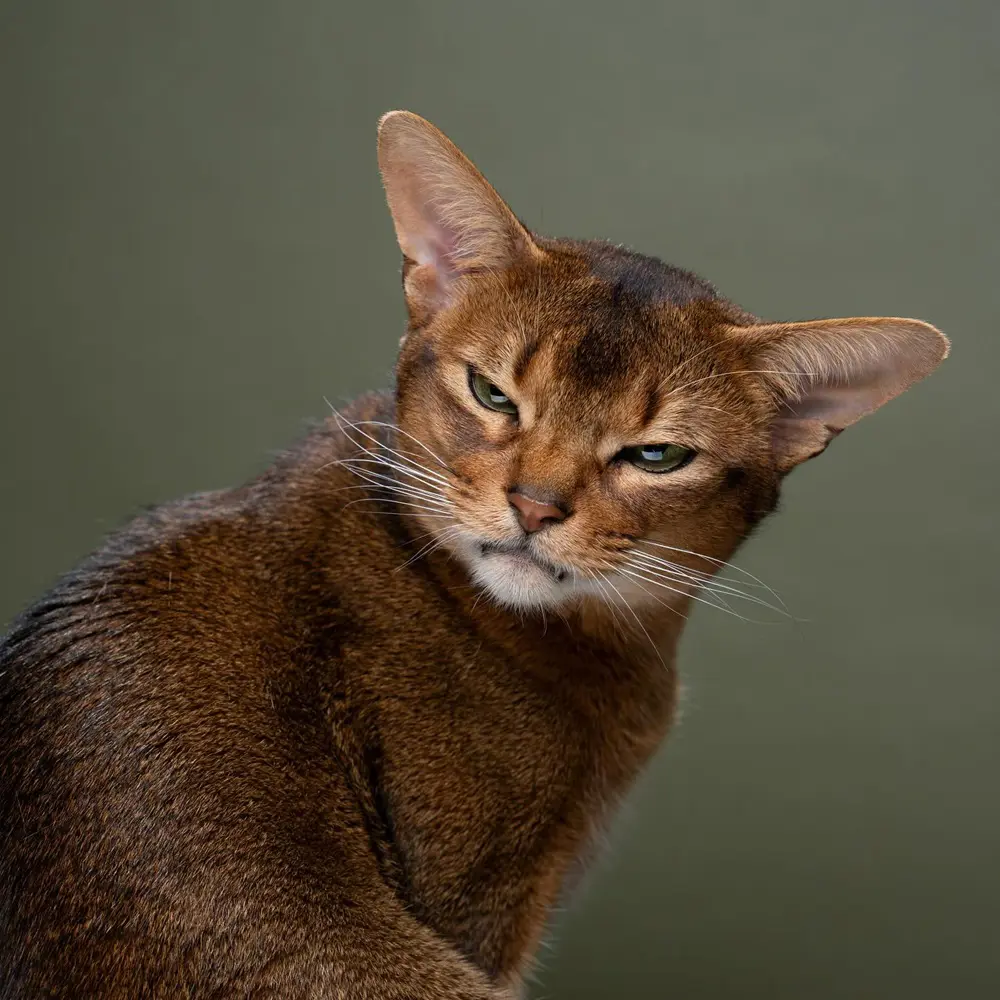
Stress and anxiety are also significant factors when considering the reasons behind excessive licking in cats. Stressors such as changes in the environment, new additions to the family, or alterations in routine can trigger anxiety in cats.
In an attempt to self-soothe, some cats may intensify their grooming habits, leading to excessive licking. This behavior serves as a way for them to release tension and navigate through challenging emotional states.
Identifying the root cause of stress or anxiety is crucial in addressing the issue. It might involve creating a calm and stable environment, providing comforting spaces, or introducing gradual changes to minimize stressors. Seeking professional help is the best way to alleviate stress-related grooming behaviors.
Imitating Other Cats
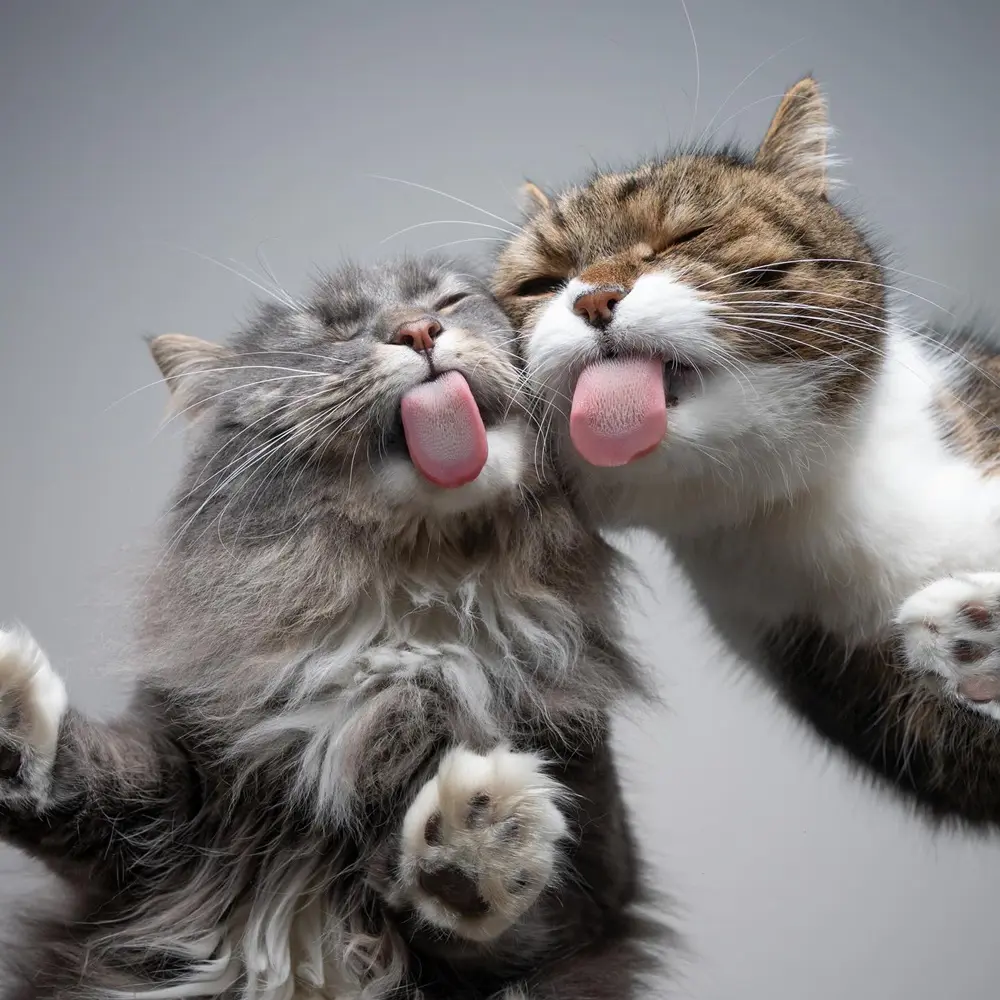
The inclination of a cat to imitate other felines within a household plays a noteworthy role in the frequency of licking directed at their owners. Cats are keen observers, and their behaviors are often influenced by the dynamics of their social environment.
In a multi-cat household, this mimicking behavior is a manifestation of the strong social bonds that cats form with each other. If one cat in the household engages in the behavior of licking their owner, it can serve as a social cue for other cats to imitate and adopt similar actions.
Recent posts
Training And Behavior
Why Do Dogs Hump and 10 Ways To Stop It
Humping is a normal behavior in dogs that is usually harmless. It signifies dominance and excitement among most unneutered males. Dogs may also hump as a way to relieve stress and seek attention. This article focuses on why dogs tend to hump an...
Cat Years To Human Years Age Chart
Understanding how old your cats are compared to humans is essential for properly caring for them. You might have heard that one cat year is like seven human years, but it's not simple. Cats grow and age differently than we do, so we need a better way...
Dog Years To Human Years Age Chart
Calculating the age of dog to human years is a fascinating endeavor that has intrigued pet owners and scientists alike for centuries. While the widely accepted rule of thumb suggests that one dog year is equivalent to seven human years, the reality i...
